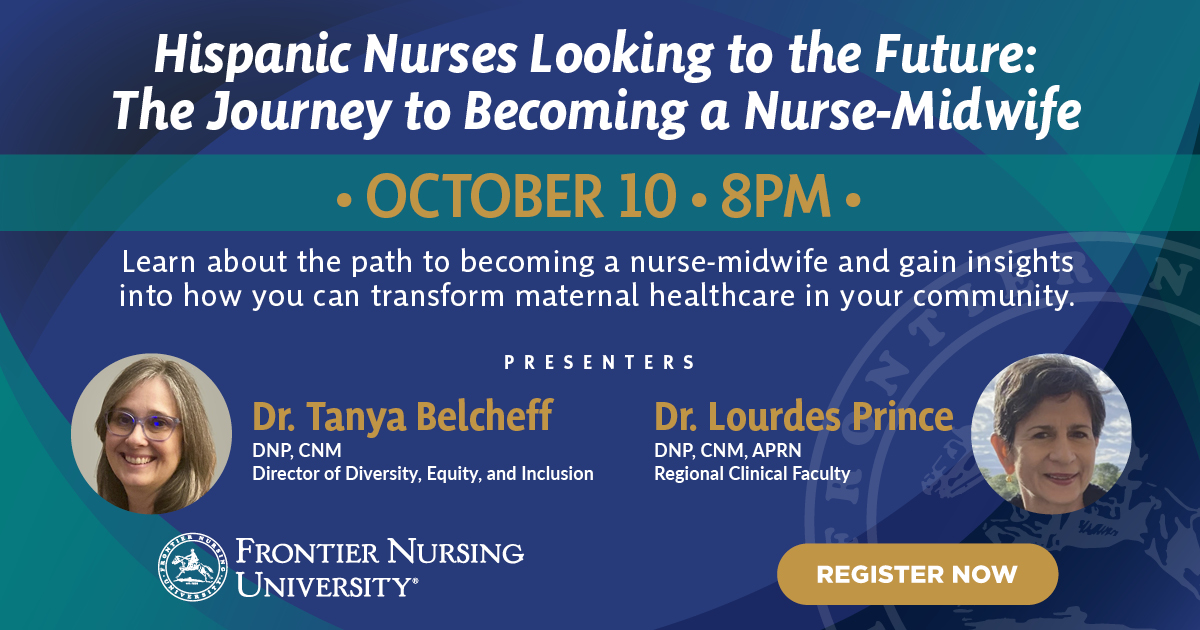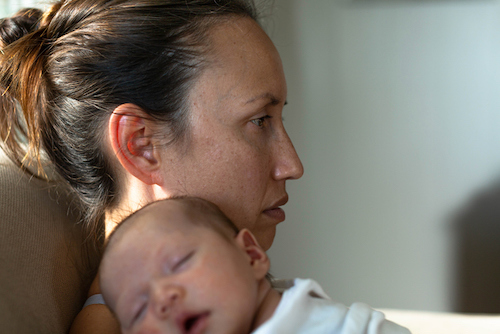
The United States has the highest maternal mortality rate among wealthy nations. Over 80% of pregnancy-related deaths in the U.S. are preventable. According to national data, 1,200 women around the U.S. die of pregnancy complications per year, while another 50,000 have life-threatening complications, and maternal mortality happens with women of color three to four times more than it does with Caucasian women.
Find out more »











